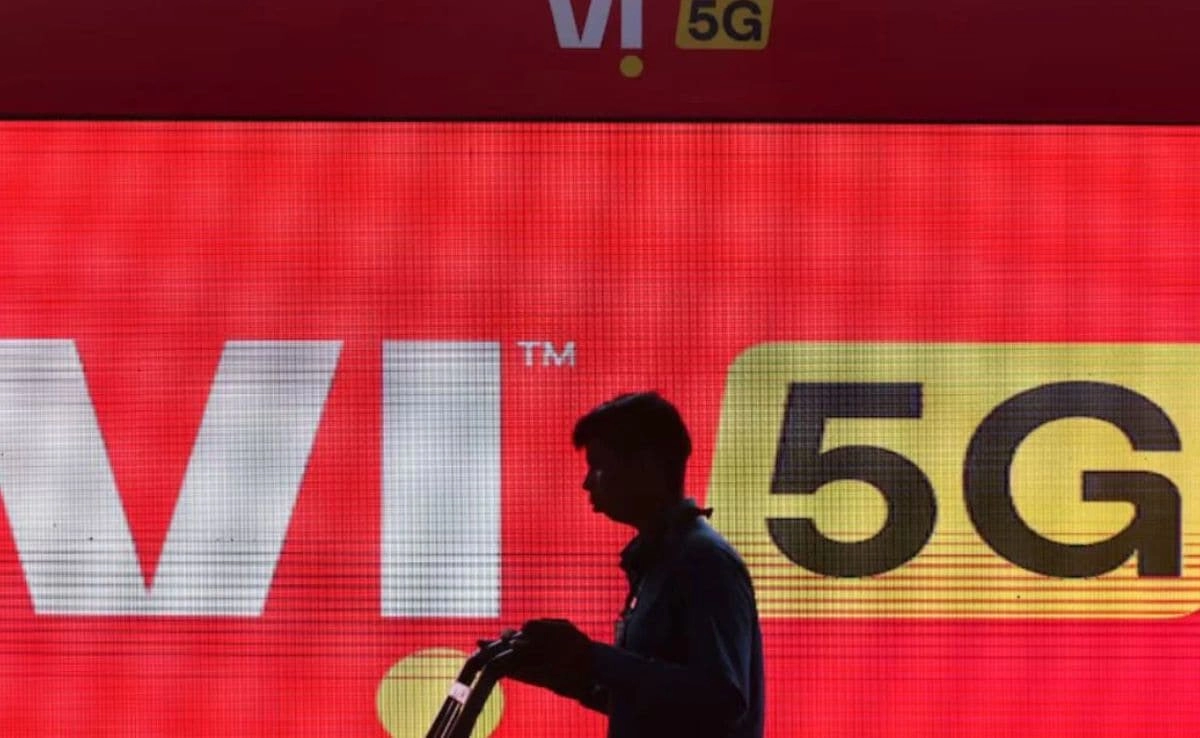In a significant development for the religious landscape in Srinagar, Friday prayers were notably absent at the historic Jamia Masjid, a prominent mosque in the region. The decision to suspend prayers was linked to the house detention of Mirwaiz Umar Farooq, the influential leader of the Awami Action Committee and a key religious figure in Kashmir. His confinement, which has become a recurring theme in recent years, reflects the ongoing tensions between local leaders advocating for political and religious freedoms and the authorities who often impose restrictions in the interest of maintaining order.
Mirwaiz Farooq’s house arrest, which has drawn attention from various human rights organizations and political analysts, highlights the complexities surrounding freedom of expression and religious practices in the region. The Jamia Masjid, a central hub for the Muslim community in Srinagar, has historically served as a place not just for prayer, but also for social and political gatherings. The absence of the Friday congregation not only affects the spiritual lives of the local populace but also signifies the broader implications of political repression in Kashmir.
The context of this situation is deeply rooted in the region’s tumultuous history, marked by conflict and a struggle for autonomy. Many residents view the Mirwaiz as a symbol of resistance against perceived oppression, and his absence from the mosque on such a significant day underscores the challenges faced by religious leaders in advocating for their communities. As tensions continue to simmer, the implications of such actions extend beyond the immediate religious context, influencing the socio-political dynamics within Kashmir and its relationship with the Indian state.
As the situation unfolds, the impact of Mirwaiz Farooq’s detention and the subsequent cancellation of Friday prayers will likely resonate throughout the community. Observers are keenly watching how these developments will influence public sentiment and the potential for future mobilizations. The challenges faced by religious figures in Kashmir underline the complex interplay between governance, religion, and civil liberties, making it a pivotal moment for both the local populace and the broader discourse on human rights in the region.




